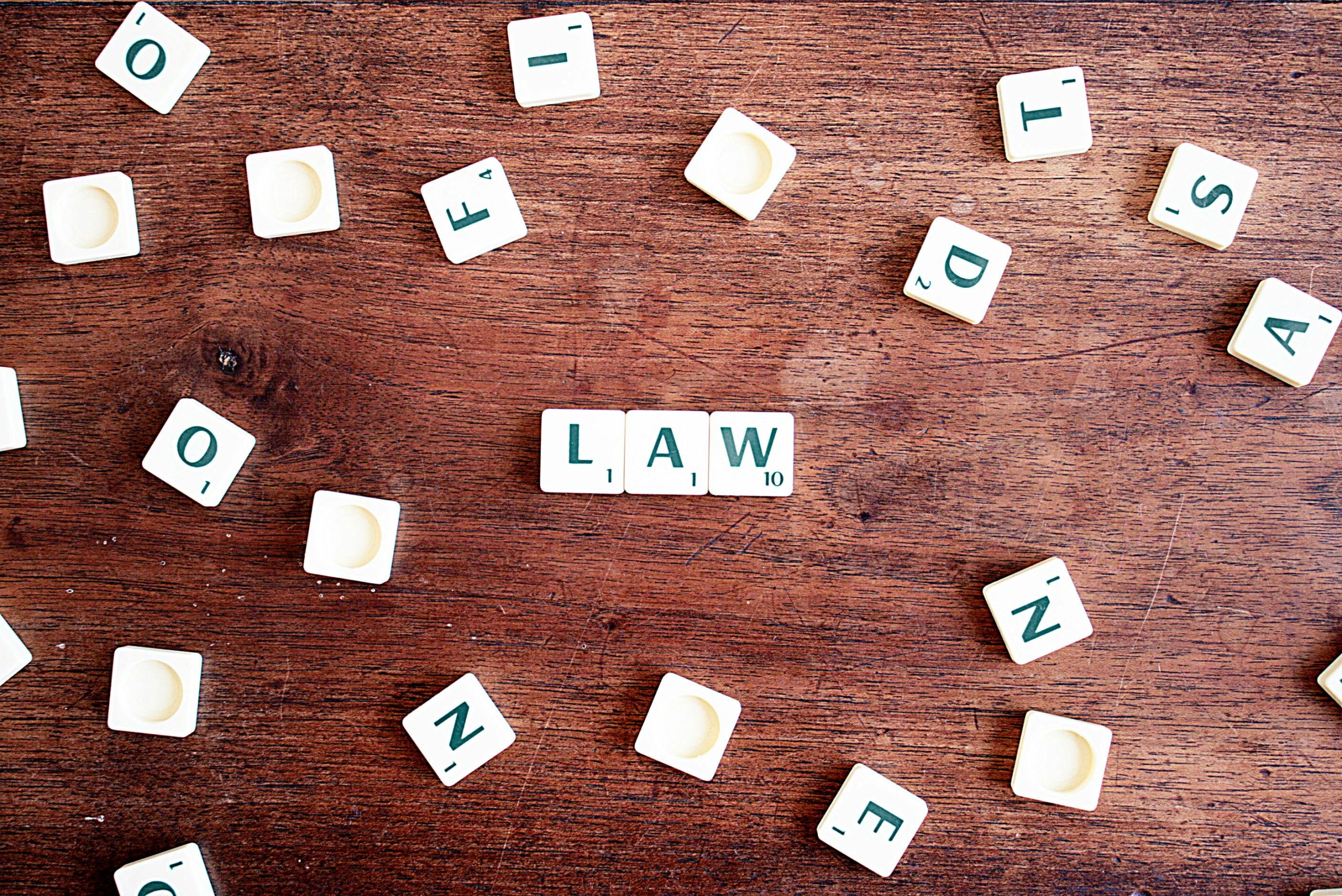Learning a new language is one of the most rewarding challenges anyone can take on, and French is no exception. For many learners, the big question is: how long does it actually take to learn french fluently? The answer depends on several factors such as your study habits, your motivation, the resources you use, and how much exposure you get to the language. By understanding these elements, you can set realistic goals, stay motivated, and steadily progress toward fluency in French.
Why People Want to Learn French
Millions of people around the world decide to learn French for different reasons. Some want to travel and communicate with locals in France, Canada, or Africa, while others need French for work, study, or personal enrichment. French is the fifth most spoken language in the world and is considered a global language of culture, diplomacy, and business. This makes the decision to learn French not only practical but also highly rewarding.
Factors That Influence How Long It Takes
If you want to learn French, the time it takes will vary depending on a few factors. Your starting point is important: if you already speak a Romance language like Spanish, Italian, or Portuguese, you may find it easier to learn French. Your dedication and consistency also matter. Someone who studies for 20 minutes a day may progress more slowly than someone who spends two hours immersed in French daily. Finally, your methods—whether you use apps, classes, tutors, or immersion experiences—play a significant role in how fast you can learn French.
Average Timeframes to Learn French
According to the U.S. Foreign Service Institute, French is categorized as a Category I language for English speakers, meaning it is relatively straightforward to learn compared to other languages. On average, it takes around 600 to 750 hours of study to learn French to a professional working level. If you dedicate one hour daily, you might reach fluency in about two years. With more intensive study, such as two to three hours daily, you could learn French fluently in less than a year.
Effective Methods to Learn French Faster
To learn French efficiently, you need a combination of methods that strengthen speaking, listening, reading, and writing skills. Practicing with native speakers is one of the most effective ways to learn French naturally. Using apps, flashcards, and podcasts can help you reinforce vocabulary and grammar. Watching French movies and listening to French music are also enjoyable ways to learn French while immersing yourself in the culture. Writing short texts, journaling, or even talking to yourself in French helps reinforce what you learn daily.
Common Challenges When Trying to Learn French
Even though French is considered easier for English speakers than many other languages, it still comes with challenges. Pronunciation, silent letters, and gendered nouns often confuse learners. Verb conjugations can also be tricky for beginners who want to learn French. However, with consistent practice, these challenges become easier to manage. The key is not to let mistakes discourage you; instead, view them as stepping stones that help you learn French more effectively.
How to Stay Motivated While You Learn French
Motivation is crucial when you decide to learn French. Setting small, achievable goals—such as learning ten new words a day or being able to introduce yourself in French—can help you stay on track. Celebrating milestones, like watching a French film without subtitles, reinforces progress. Joining study groups, practicing with friends, or participating in online communities also provides support and accountability as you learn French.
Conclusion
So, how long does it really take to learn French fluently? The timeline varies depending on your background, methods, and commitment, but most learners can expect to achieve fluency within one to two years with consistent effort. While challenges exist, the rewards of learning French are immense, from cultural enrichment to new career opportunities. By staying motivated, using the right resources, and practicing regularly, you will not only learn French but also enjoy the process of mastering one of the most beautiful languages in the world.



